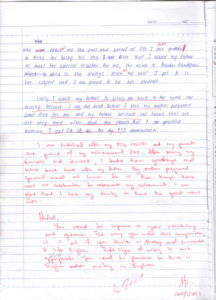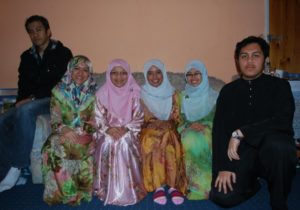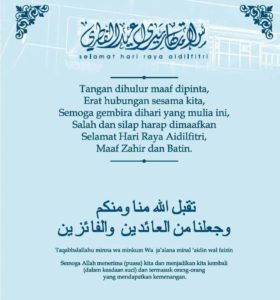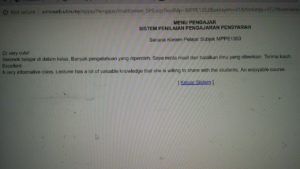
When I did my Latihan Ikhtisas, I was entrusted to teach form 1, 4 and 6 (MUET). For form 4, I have to teach five types of continuous writing. One of it is descriptive composition. For descriptive composition, one either has to describe a person, an event or a place. There is no specific plot like narrative composition, yet it requires the writer to write detailed descriptions of a theme (either a person, an event or a place).
I don’t know how to give comments to students so I learn from one of my former students who happens to be an examiner for SPM paper (essay paper). So, she told me that I need to give examples of sentences or paragraph and give some words of encouragement. So, I tried it out. But, it was a tedious process because I have to give different feedback to different students.
Alhamdulillah, I am so used to give lengthy feedback for my UG and PG students, so I don’t have much problem in that. It is just that unlike UG or PG students, I need to explain to the form 4 students what does the feedback mean because some of them don’t understand certain words that I used due to poor vocabulary. But it is a learning process, so it is important to introduce them certain words so they could get familiar with the words and they can see how the words are used in sentences as I wrote it in my feedback. For this particular student, he doesn’t know the word ‘appropriate’. So, I explained to him what the word ‘appropriate’ means and how to use it.
Example of the feedback as in the picture:
Hafid,
You need to improve on your vocabulary and grammar. The way you wrote this composition, it is as if you think in Malay and translate it into English. This style of writing is not appropriate. You need to practice to think in English when writing in English.







